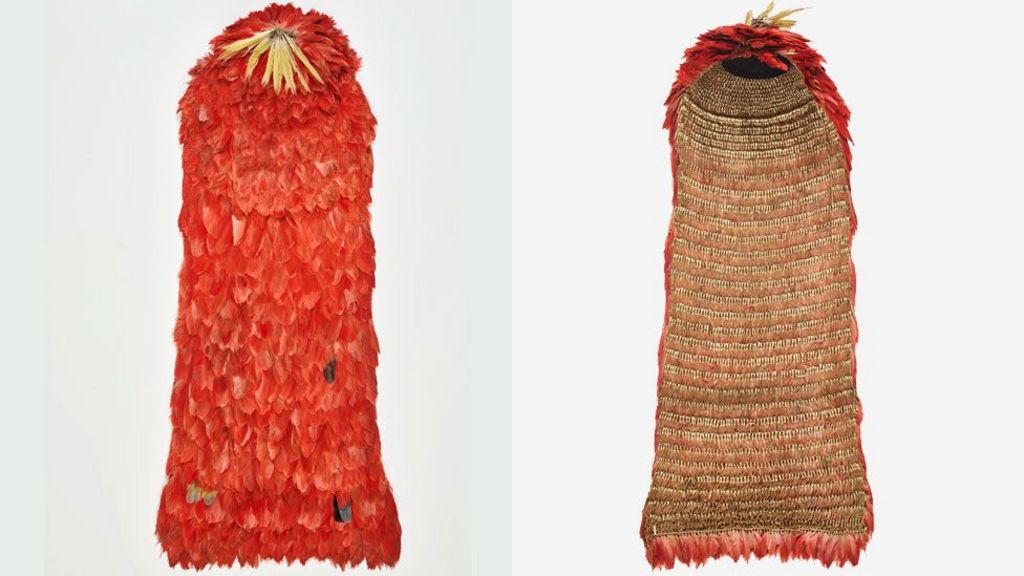Brazil Indigenous group hails a sacred cloak's homecoming after nearly four centuries in Europe
By ELÉONORE HUGHES
Updated 7:37 PM CDT, September 12, 2024
RIO DE JANEIRO (AP) — Indigenous chants and the rattle of maracas resounded Thursday in a Rio de Janeiro park, where Brazil’s Tupinambá people gathered to celebrate the homecoming of a
absent for some 380 years.
Made of feathers from the scarlet ibis, the artifact from northeastern Brazil resided in Copenhagen until the Danish National Museum donated the cloak to its Brazilian counterpart.
President Luiz Inácio Lula da Silva and Indigenous Peoples Minister Sonia Guajajara attended a ceremony at Brazil’s National Museum atop a hill in the Boa Vista Park.
“It is impossible not to appreciate the beauty and strength of this centuries-old and well-preserved piece, even after so much time outside Brazil, abroad. It is our commitment to preserve this heritage,” Lula said, addressing dozens of Indigenous people plus others of the general public.
More:
https://apnews.com/article/brazil-indigenous-cloak-lula-denmark-repatriation-artifact-6fbf5074e4b332b4a795e94ed44064b5
~ ~ ~
Denmark returns iconic indigenous cloak to Brazil
13 hours ago
Gabriela Pomeroy
BBC News

The cloak is made of 4,000 feathers from the scarlet ibis bird
The National Museum of Denmark is handing over an iconic cloak belonging to an indigenous group in Brazil at a ceremony being attended by President Luiz Inácio Lula da Silva.
Considered sacred by the indigenous Tupinambá people, the garment was taken from Brazil during the Portuguese colonial period and has been on display in Copenhagen since 1689.
The 1.8m-long cloak is made of 4,000 red feathers from the scarlet ibis bird.
Brazil’s government has been trying to recover artefacts taken during the colonial period from around the world.
The cloak was returned in July and will be housed at the National Museum in Rio de Janeiro.
A group of 200 Tupinambá people have been camping outside the building, with drums and pipes filled with medicinal herbs, waiting to see the precious cloak and to reconnect with their ancient traditions.
More:
https://www.bbc.com/news/articles/ce818y325d2o
